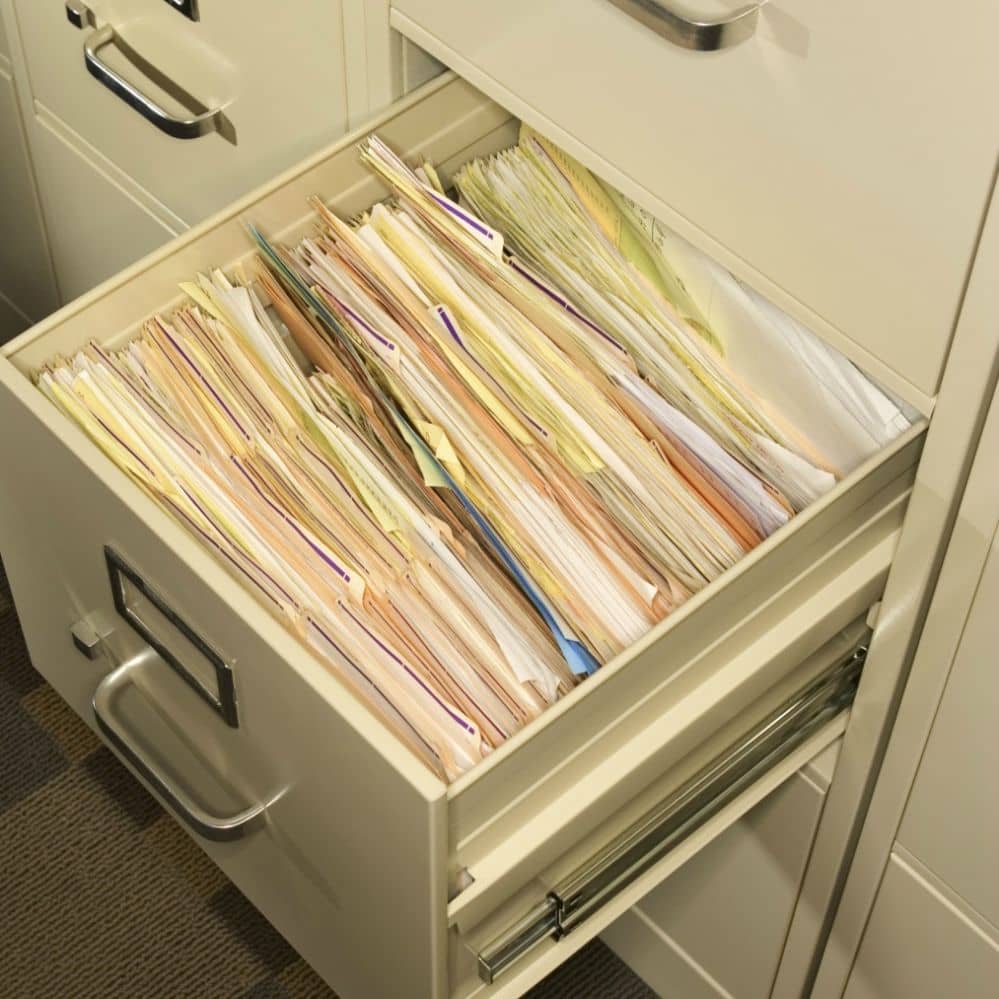 Loveland, Colo.-based thin-film solar manufacturer Abound Solar, which ceased operations earlier this year, is now the subject of a three-part criminal investigation.
Loveland, Colo.-based thin-film solar manufacturer Abound Solar, which ceased operations earlier this year, is now the subject of a three-part criminal investigation.
The probe centers on the company's alleged concealment of in-the-field performance problems with its cadmium telluride (CdTe) modules. Specifically, Abound has been accused of the following crimes:
– Committing securities fraud by seeking investment in the company without informing potential investors of product defects;
– Committing consumer fraud by knowingly selling defective PV modules to customers; and
– Misleading financial institutions when applying for bridge funding that was designed to help the company stay in business before it received its $400 million loan guarantee from the U.S. Department of Energy (DOE).
Weld County, Colo., District Attorney (DA) Ken Buck and the DA's investigations unit will head the investigation. ‘No one has been charged with a crime at this early point in the investigation,’ the DA's office notes in a statement.
Citing in its statement a need to ‘protect the integrity of this active and ongoing investigation,’ the DA declined to release information on the expected duration of the investigation or details on what penalties Abound might face if it is found guilty.
The criminal investigation represents the latest post-bankruptcy controversy for Abound, which once boasted that it would own ‘the largest solar manufacturing facility in the United States’ once its second factory was completed.
However, before Abound could realize its 840 MW plans, financial woes sank its operations. Abound ceased production of its first-generation module in February before shutting down and filing for bankruptcy protection in June.
With controversy surrounding the company's DOE loan guarantee, a politically charged congressional hearing followed in July. In his testimony, then-CEO Craig Witsoe insisted that it was the dramatic drop in the price of a competing technology – crystalline PV – that had forced the company out of the market.
Lawmakers at the July hearing, which was conducted by the House Committee on Oversight and Government Reform, accused DOE officials of ignoring signals that Abound was not a financially sound investment, but they made no fraud allegations similar to those described in the DA probe.
Simultaneous investigation
The Weld County DA investigation also remains separate from yet another investigation into Abound. Earlier this month, the House of Representatives' Energy and Commerce Committee – which also spearheaded the extensive investigations into Solyndra beginning in 2011 – released a letter to DOE Secretary Steven Chu requesting documents related to Abound's loan guarantee.
In the letter, committee leaders Fred Upton, R-Mich., and Cliff Stearns, R-Fla., raised questions about the functionality of Abound's modules. The lawmakers cited independent tests revealing that the panels suffered from a significant performance reduction when exposed to high levels of heat.
Excessive copper diffusion may have been the root cause of the issue. Module malfunctions led to several customers' requests for repairs or replacements, according to the committee.
‘We have questions about what role these technological problems played in DOE's decision to suspend Abound's loan guarantee disbursements in September 2011, and when DOE first became aware of these problems,’ the committee leaders wrote in their letter to Chu.
Although Abound's loan guarantee originally totaled $400 million, the company wound up receiving only $70 million before disbursements were suspended. David Franz, acting executive director of the DOE's loan program office, explained during the July hearing that the loan guarantee terms required Abound to meet certain milestones in order to keep receiving its payments.
For its investigation, the Energy and Commerce Committee has asked Chu to provide an array of documents, including Abound's technical reports and product test results, the DOE's loan guarantee monitoring reports, financial analyses and communications between the department and Abound.
Chu was given a deadline of Oct. 24 to supply the requested materials; the committee has not released information on whether that deadline was met.
As the investigations move forward, Energy and Commerce committee leaders continue to draw parallels between Abound and Solyndra. The latter company has become a well-known symbol of what critics of the Obama administration believe are wasteful investments in solar energy technology.
‘While these investigations are still under way, one thing remains clear – the Obama administration has failed at its game of picking winners and losers,’ the committee said in a statement. ‘Like Solyndra, Abound is a product of the Department of Energy's mismanaged loan guarantee program, which has resulted in the loss of hundreds of millions of taxpayer dollars and thousands of jobs.’

